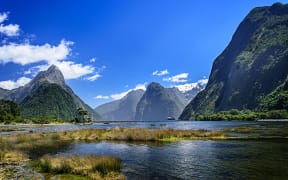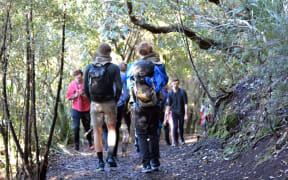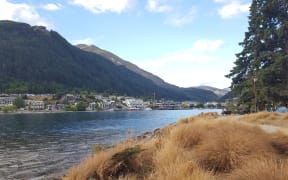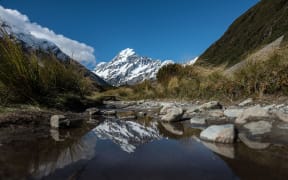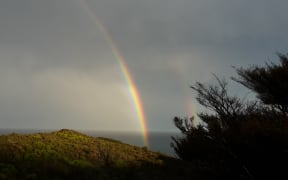Tourism operators are calling for a nationwide overhaul of how businesses can operate in national parks.
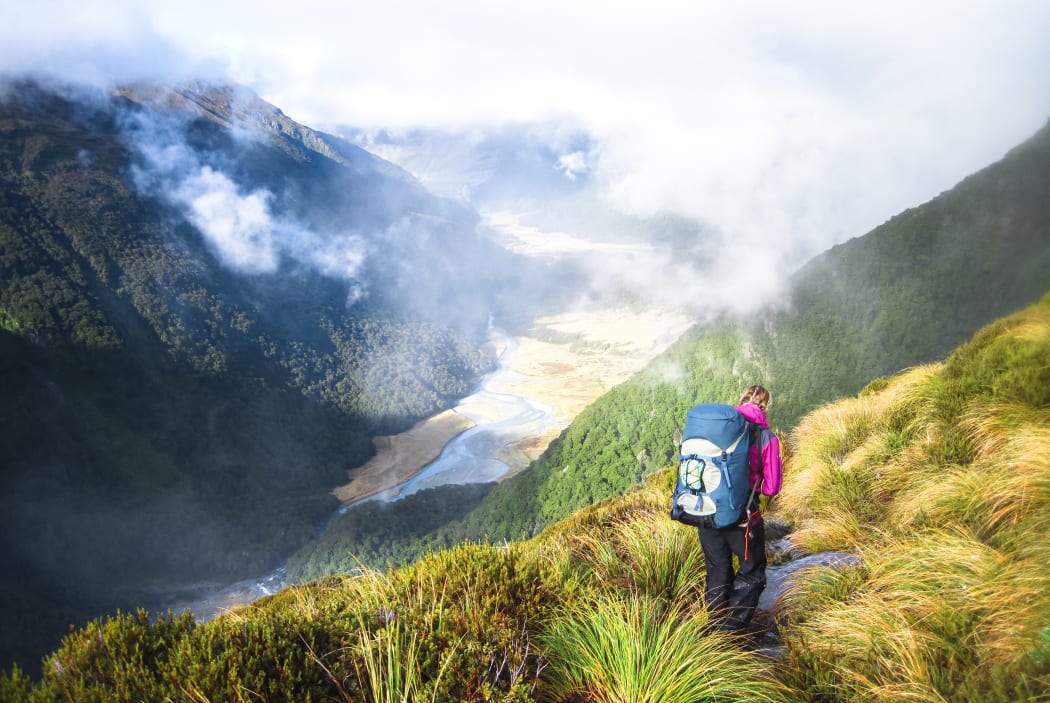
Mt Aspiring National Park's management plan is due to be reviewed next year. Photo: © 2018 Kevin Wells / 123RF
Each park is governed by a different set of rules - or management plans - and the majority of them were written more than a decade ago.
Operators also claim that the concessions granted by the Department of Conservation, which allow a business access to a national park, are taking far too long to be approved.
Hiking NZ director Daniel Murphy said if the rules were not brought up to date, it could wreak havoc on operations.
"You're sort of stuck in these dated restrictions and that's often reflected in kind of group sizes or how you carry out an activity. So that makes it incredibly difficult, so one region might say it's fine to take groups of up to 12 but then you'll go into another conservancy and there will be a restriction of eight, for example," Murphy said.
Each national park is required to have its management plan reviewed every 10 years or earlier with public consultation.
But of the 13 national parks around the country, only four are marked as having current rules approved by DOC. Two are under review and the rest don't have one scheduled, although some have undergone partial reviews.
To make matters worse, three of those - Rakiura, Whanganui, Mt Aspiring - are due for a review within the next two years.
DOC says a review can taken anywhere from 12 months to three years - and that doesn't account for additional delays.
A review of the management plan for Aoraki Mt Cook was put on hold for more than a year following a Supreme Court decision - it has only recently resumed, while Westland's plan review remains on ice for the moment.
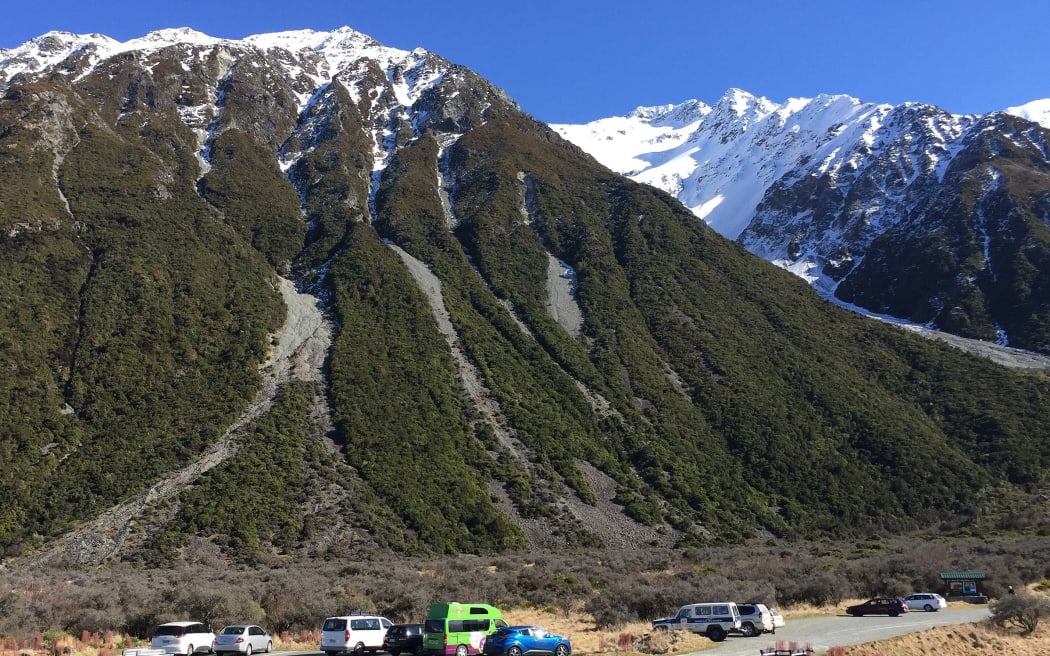
The review of Aoraki Mt Cook's management plan has recently resumed. Photo: RNZ Insight / Belinda McCammon
This made it impossible for a tourism business to move quickly on potential opportunities, he said.
"If we see an opportunity to go to a particular place that we don't have on our concession, we'll apply for that. But if that takes up to two years, by the time you've actually got it signed off, that opportunity might have been and gone. So it's a huge cost to businesses really, that it takes so long," Murphy said.
It has taken up to five years for one of his concession to be granted.
DOC clearly needed more resources to help it speed up the concessions and rule reviews, but they did offer some leeway for concessions, he said.
"As long as we get those applications in on time, they will give you permission to operate on an expired concession, but it just doesn't give you much security as a business that you're operating on an expired permit."
Instead of focusing on treating commercial activities differently, Murphy said he wanted the process to look more at the effects of an activity.
Other operators say in some cases, the concessions were put on hold until a park's management plan was reviewed.
One nationwide tourism operator, who spoke on the condition of anonymity, said that put businesses in a loss-making limbo.
"It's just the delay and the unknown, and it's the uncertainty. We're often dealing with agents or companies overseas up to two years in advance, so if we don't know the lifetime of how long that concession will be in place for, well then we start to really become uneasy about being able to provide any type of certainty on new itinerary generation, new products and activities," the operator said.
While the operator respected paying for the right to operate in national parks, he said paying an application cost did not guarantee the outcome.
Applications can face extensive consultation - and he said it was a big financial risk if plans were rejected.
"Now in this climate with the borders being closed, there's a real Catch 22 because you're wanting to - once the borders reopen - go to market with some new, fresh and exciting itineraries, but there's also the cost implications about having a $21,000 bill in front of you."
DOC planning, permissions and land director Natasha Hayward acknowledged this system was not perfect.
"The department is very aware of the frustration and the hurt out across our community around our statutory work, but we're working within the legislation. But that doesn't mean we hide behind that, we need to look at how we're doing things and we're certainly prepared to do that," Hayward said.
However, that did not necessarily mean overhauling the rules or concessions process.
"Look, I think that's a bit simplistic, I think it's a range of things that need to be looked at. There's no one silver bullet ... we have to look internally, we have to look at how we engage externally. I mean who knows maybe in the future legislative change needs to happen, but that sort of thing takes time," she said.
Hayward said work was underway to speed up the review and concession process.
